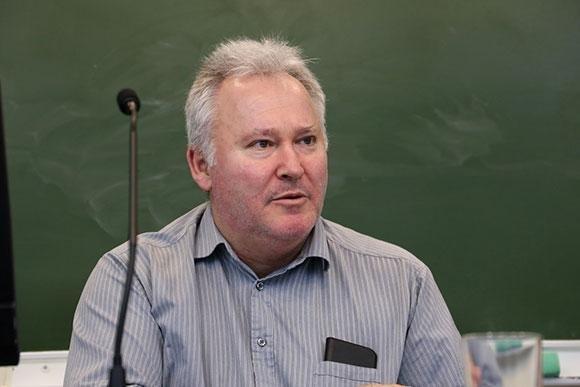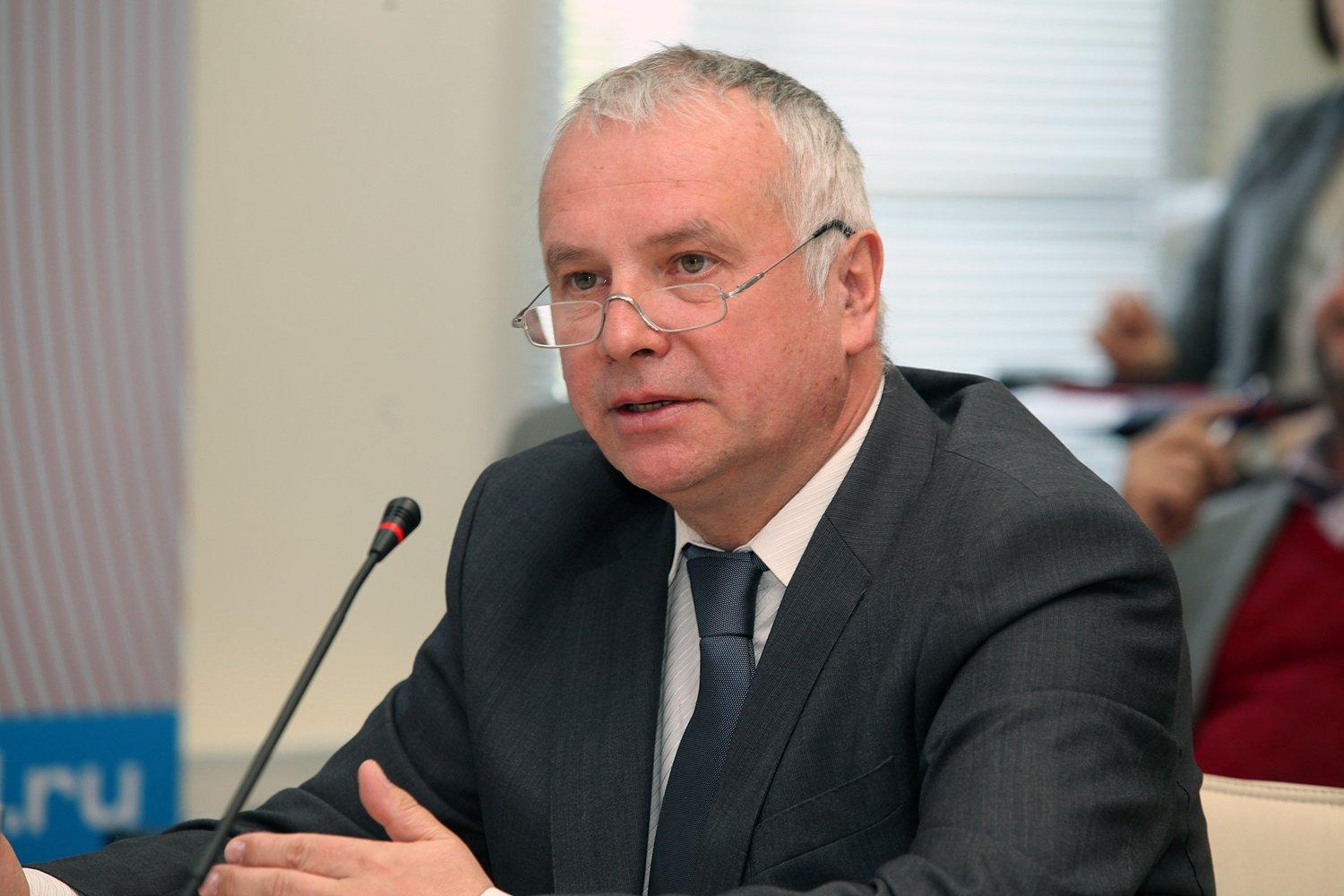Is Macron's vision for European defence feasible?" Swedish and German experts weigh in
Ensuring security in Europe is no longer a political priority for the United States, and it needs to take care of itself. If it wants to survive in an increasingly hostile world, it needs to develop and implement its own defence strategy, French President Emmanuel Macron said.
Not everyone in the EU shares his views on an independent security doctrine. However, in recent months, politicians from various countries, including Germany, have talked in particular about creating a nuclear deterrent in Europe without relying on U.S. forces. Only two countries have nuclear weapons in Europe - France, which operates them independently of NATO, and the United Kingdom.
Macron presented his vision of the region's development while speaking at the Sorbonne a month and a half before the European Parliament elections. In his opinion, the Old World needs to create its own missile defense shield, a system of long-range ground-based missiles and other components that would allow Europe to defend itself. "The U.S. has two priorities: first, the U.S. itself, which is completely justified, and in addition, there is the issue of China. No matter how strong our alliance is, Europe will not be [for them] a geopolitical priority for years and even decades to come," Macron said.
The statement by Donald Trump, who may return to the White House in 2025, that he would not defend European countries that don't spend enough on defence, has Europeans particularly worried. Adding to the anxiety was political infighting on Capitol Hill, which delayed $61 billion in military aid to Ukraine for six months. As a result, European countries have had to actively seek ways to support Kyiv with arms on their own. But Europe's arms production buildup has been slow, as has society's realization that it is in an increasingly hostile environment, Macron noted. By itself or with allies, but Europe must defend itself, Macron said. "Europe is mortal. It can die and its survival depends solely on our choice, but that choice must be made now," he said.
How well-founded are the concerns expressed by the French president? Is it really vital for the EU to build some other defensive shield besides the fact that most of its members are united by military cooperation within NATO? And even to have, perhaps, its own nuclear deterrent system?
At the request of Caliber.Az, foreign observers undertook to comment on this situation.

Greg Simons, Ph.D. (Sweden), a political scientist, immediately noted that Macron is doing nothing more than campaigning.
"He is very unpopular, so he is trying to create a false image of France as a European leader independent of the United States in order to exploit an artificial sense of pride that the French public might have," the analyst believes.
He said France, like Europe, has no reasonable or realistic financial basis to do what Macron brags about, and they also lack the political will.
"Europe is rapidly de-industrializing and facing various financial difficulties and crises related to the rising cost of living, inflation and so on. So this is a very simple and crude form of populist political propaganda that is not based on a realistic understanding of the financial and political possibilities and opportunities for France or even for the whole of Europe.
Moreover, Macron is trying to use the fear of China and Russia to mobilize and secure public consensus, just as the U.S. does. Europe is not capable of being a political or financial power independent of the US, especially now. Macron is overflowing with emotion and wild (unrealistic) predictions," Simons states.

German political scientist, professor at the WeltTrends Institute for International Politics (Potsdam) Alexander Rahr said in turn that Macron is dramatizing, Europe is not collapsing, and it will not go into oblivion.
"It is just that Europe does have to become different, but it is unlikely that Europe will remain the united Europe that the French and Germans want it to be. A United States of Europe - that idea remains a grand illusion. Most EU countries are not willing to share their national sovereignty. There are countries within Europe that cannot imagine European security without the American umbrella. Indeed, Europe has lived under American protection for 80 years, but this only applies to Western Europe. The Americans offer Europeans to divide security issues: the Americans are ready to contain China, even to go to war with China over Taiwan, while their European allies are expected to pursue a policy of containing Russia. The question arises, especially after another Macron speech: does Europe without America have the political will to build its own military power, its own army, its own nuclear missile shield and a common military command? I think that Europe will be divided on this issue, apparently, and NATO in the form it is now will not exist any further," Rahr believes.
But this is a long process, he added.
"Those countries that are ready to invest a lot of money in their security and will want to create a new military power for Europe will make military alliances among themselves. So, for example, Britain, Poland, France, Romania and the Baltic states will almost certainly create some kind of intra-European military alliance that will operate in isolation from the United States. Europe will become similar to the one that existed after World War I.
Other countries, realizing that America will no longer be able to protect them the way they used to, will take a different path: they will declare neutrality and try to normalize relations with Russia and the CSTO - return to the idea of détente," the professor believes.
As for Macron's speech, it seems to him that France is already too weak to play first fiddle in Europe, especially on the security issue.
"Germany has the money to arm Europe, but there is not enough political will there to do so. Look: while Macron wants to send his troops into Ukraine and may even decide to do so at some point, the Germans want to focus primarily on Ukraine's economic recovery, on pulling Ukraine into the European Union rather than into NATO.
Does all this mean that Russia will defeat NATO and the EU? I think not. It would already be a great diplomatic and historical success for Russia if the US does reduce its military presence in Europe. I doubt Russia will move its army beyond Ukraine's borders. There will come a moment, though not now, when a number of EU countries and Russia itself will think seriously about a new European security architecture," Rahr concluded.








